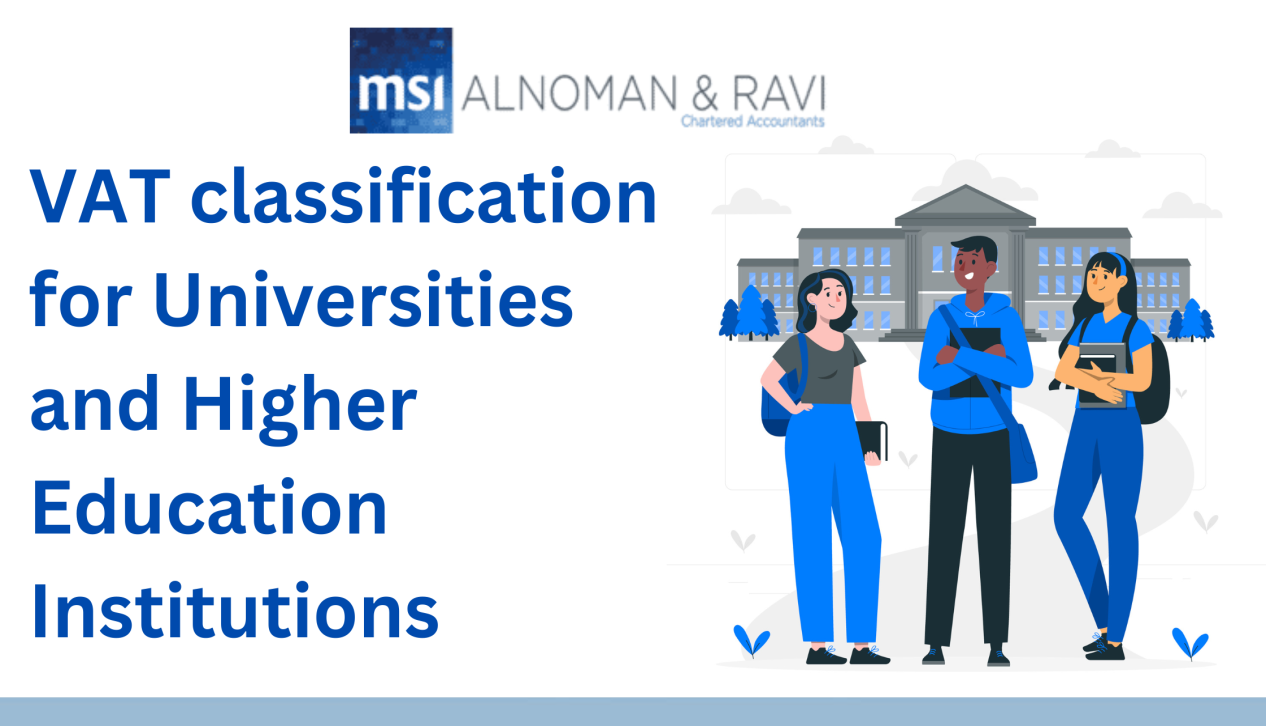Calculation of Taxable Income | 9% UAE corporation...
Calculation of Taxable Income | 9% UAE corporation tax | UAE Public Consultation Document
19 Jul 2022
Do you have a university or higher education institute in the UAE? You need to know what are the different classifications for VAT for your school? It is possible for you to have all the three types of Value added taxes - Standard Rated ( 5% ), Zero Rated ( 0%) & Exempt. This makes the VAT treatment slightly more complicated.
We have already explained the tax treatment for schools nurseries and pre-schools, to read more on that click here.
It is not just important to make sure that you have raised the right type of tax invoice, but also filed your tax return in the correct manner, classifying each sale correctly. An error in the tax treatment will invite penalties, and you will have to spend a lot of administrative time, effort and money, to file for voluntary disclosures correctly.
Bottom LineA university or higher education institute may have various types of income sources. You can see below how each income is treated for tax purposes.
The education services are to be zero-rated if the university of the higher education institution -
If the institute qualifies, the following may also be zero rated -
This means no additional VAT to be charged, i.e. this sale is taxable at 0% VAT. This way no additional tax burden will be on parents paying for the tuition fees.
If your university or higher education institute does not qualify as per the above-discussed criteria, then the tuition fees will be charged at five percent VAT.
In this category, you charge 5% in addition to the actual charges. Some of the incomes that fall in this tax category are as follows -
If your university or higher education institute provides transport services to the students, from home to the location of the educational institution and vice versa. This type of service will be treated as an exempt sale.
No VAT on the expenses related to the transport service can be claimed. Wrongly claiming it can lead to penalties.
Schedule a quick free consultation for professional advice on VAT consultation for your university or institute.